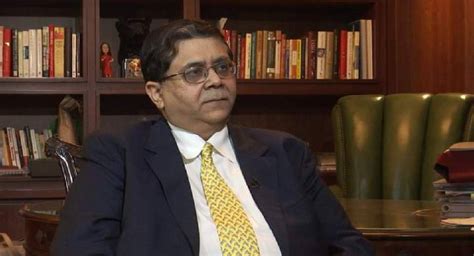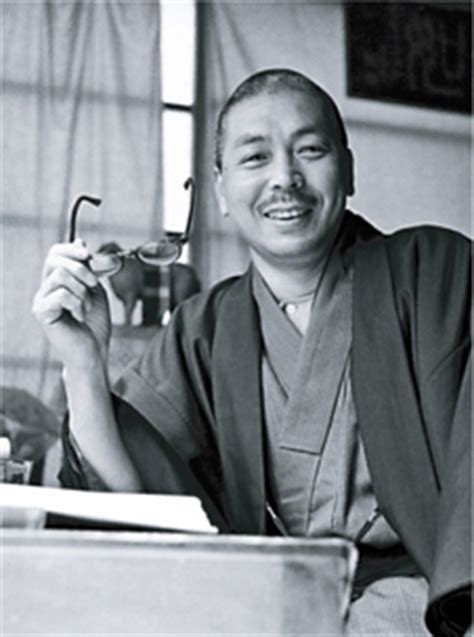A Quote by Frederick Lenz
The thing about Buddhism is that it stresses attainment of something ineffable, that is where it differs from other religions in that it's more correct. We live in a world with promises of paradise.
Related Quotes
There are certain promises you make that are more sacred than anything that happens in a court of law,I don't care how many Bibles you put your hand on.Some of the promises,it's true,you make to young,before you really have an understanding of what they mean.But once you've made those first promises,other promises are called for.And the thing is you can't deny the new ones without betraying the old ones.The promises get bigger,there are more people to be hurt and disappointed if you don't live up to them.Then, at some point, your called upon to make a promise to a dying man.
India is developing a lot of soft power, and it's not just about us providing outsourcing and call centers to the world. We are providing a lot of thought and a way of life. I think we're also respected for fundamentally a non-violent belief thanks to our religious roots whether it's Hinduism, Jainism, Buddhism, we contributed more religions to the world than any part of the world and that's something which does find its way into how the world looks at it.
When asked if I consider myself Buddhist, the answer is, Not really. But it's more my religion than any other because I was brought up with it in an intellectual and spiritual environment. I don't practice or preach it, however. But Buddhism has had a major effect on who I am and how I think about the world. What I have learned is that I like all religions, but only parts of them.
This is the thing: Art is more important than making a show, something that amuses people. Art is something that needs to give to the public, to the actors, to the artist - to give something that makes life the paradise it can be. Life can be a paradise. Still, I believe that. Even if there is Trump, there can be a paradise.
To live in a world of photographs is to live in a world of substitutes... or so it seems, whose actual referent is always the other, the described, the reality of a world once removed. I prefer, on the other hand, to look at the photographs as something real and of my world, a strange and powerful thing... part of a language, a system of communication, an economy of signs.
Bolshevism is to be reckoned with Mohammedanism rather than with Christianity and Buddhism. Christianity and Buddhism are primarily personal religions, with mystical doctrines and a love of contemplation. Mohammedanism and Bolshevism are practical, social, unspiritual, concerned to win the empire of the world.
Historically, religion has given people another world to live in, a world more adaptive to the human spirit. As a student of world religions, I see religion as the winnower of the wisdom of the human race. Of course, not everything about these religions is wise. Their social patterns, for example - master-slave, caste, and gender relations - have been adopted from the mores of their time. But in their view of the nature of reality, there is nothing in either modernity or postmodernity that rivals them.
The way of presentation is different according to each religion. In theistic religions like Buddhism, Buddhist values are incorporated. In nontheistic religions, like some types of ancient Indian thought, the law of karma applies. If you do something good, you get a good result. Now, what we need is a way to educate nonbelievers. These nonbelievers may be critical of all religions, but they should be decent at heart.
Many people entertain the idea that Christianity,like almost any other religion,is basically a system of beliefs-you know, a set of doctrines or a code of behavior, a philosophy, an ideology. But that's a myth. Christianity is not at all like Buddhism or Islam or Confucianism. The founders of those religions said (in effect), 'Here is what I teach. Believe my teachings. Follow my philosophy.' Jesus said, 'Follow me'(Matthew 9:9). Leaders of the world's religions said, 'What do you think about what I teach?' Jesus said, 'Who do you say I am?'(Luke 9:20)


































